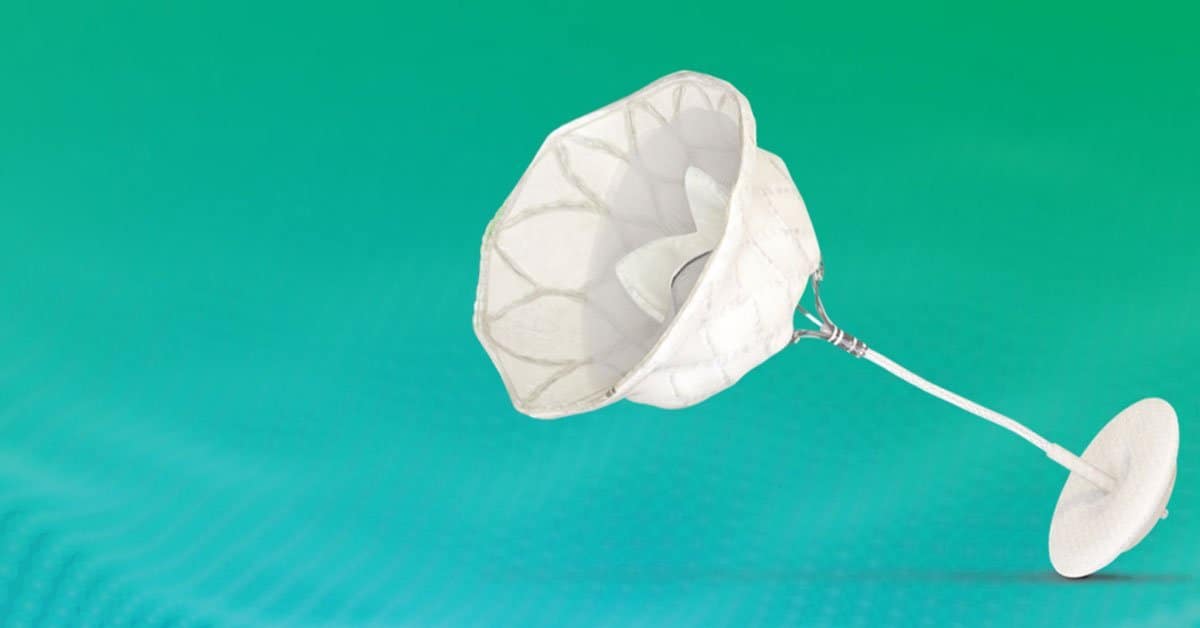Impressive results from the Phase 2 KRAKEN trial presented at the AHA 2024 Scientific Sessions showed that Eli Lilly’s muvalaplin greatly reduces Lp(a) blood levels, adding an attractive oral option to its Lp(a) pipeline.
- High Lp(a) is an inherited CVD risk factor that impacts one out of every five people and currently has no approved drug therapies.
- Muvalaplin stops the formation of Lp(a) by blocking the initial bond between its two components, apolipoprotein(a) and apolipoproteinB.
- Lilly is already working on an injectable Lp(a) drug called lepodisiran, but muvalaplin’s oral route could be a game-changer.
By the study’s 12-week endpoint, patients experienced significant reductions in blood Lp(a) when taking oral muvalaplin across three different doses, compared to a placebo.
- Patients who received the 10 mg dose saw a 47.6% reduction in Lp(a).
- Those who received 60 mg saw an 81.7% reduction.
- The largest 240 mg dose led to an 85.8% reduction, suggesting a tapering off effect at higher doses.
Muvalaplin also aced the secondary endpoints for Lp(a) thresholds, while the higher doses significantly reduced apoB levels.
- The percentage of patients with Lp(a) levels below 125 nmol/L was 64.2% at 10 mg, 95.9% with 60 mg, and 96.7% with 240 mg, compared to 6.0% in the placebo group.
- ApoB levels also declined at all doses, with placebo-adjusted reductions of 8.9% (10 mg), 13.1% (60 mg) and 16.1% (240 mg).
Treatment-related adverse events were similar in the muvalaplin and placebo groups, occurring in 14.9% of the placebo group, 5.9% of the 10 mg group, 14.3% of the 60 mg group, and 14.7% of the 240 mg group.
The results add to an increasingly competitive Lp(a) drug landscape, which includes promising candidates from a field of major pharma players…
- Amgen’s front-runner injectable siRNA olpasiran (Phase 3).
- Silence Therapeutics’ injectable siRNA zerlasiran (Phase 3).
- AstraZeneca’s oral Lp(a) disruptor YS2302018 (preclinical).
- Novartis/ Ionis’ injectable oligonucleotide pelacarsen (Phase 2).
- Lilly’s own injectable siRNA lepodisiran (Phase 2)
The Takeaway
Though only a Phase 2 trial that didn’t record outcomes, the success of Lilly’s muvalaplin in lowering blood Lp(a) signals a strong start for oral prevention, and could give the drugmaker a differentiated option among a rapidly growing field of injectable Lp(a) reducers.





